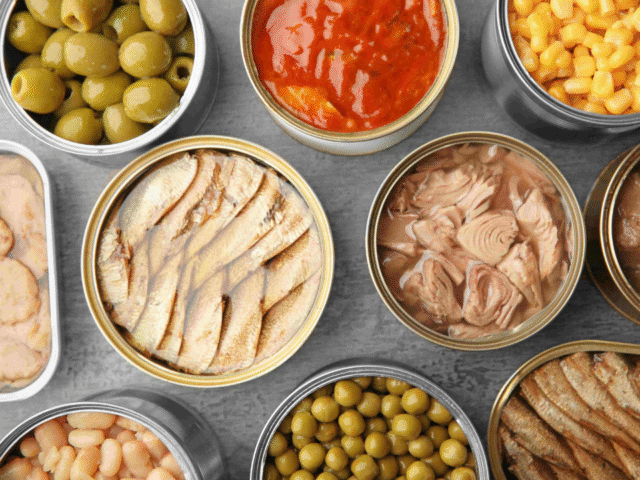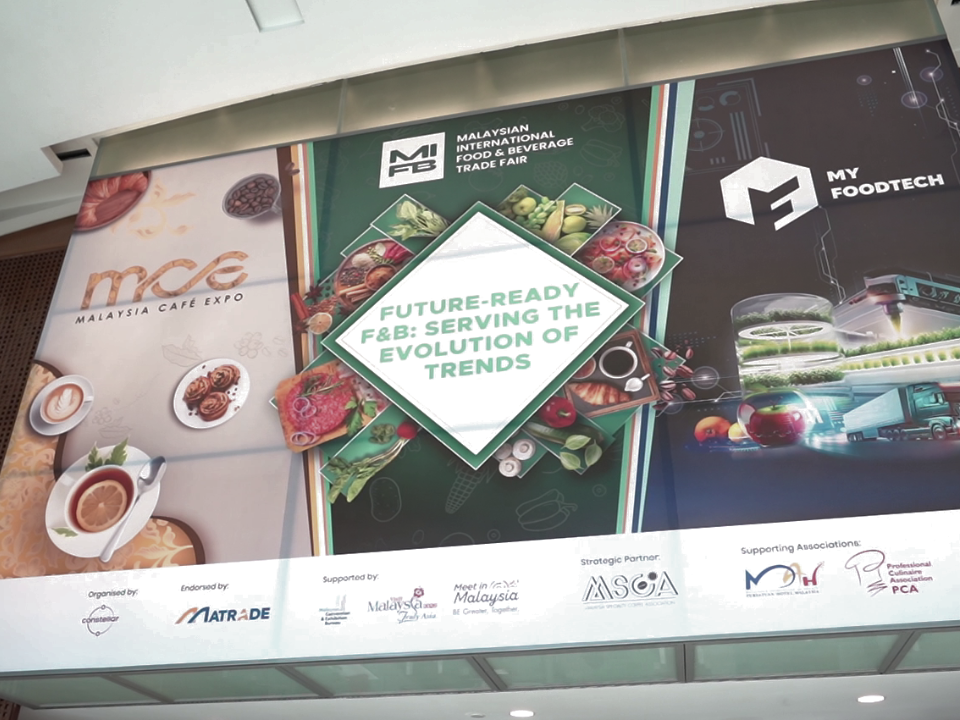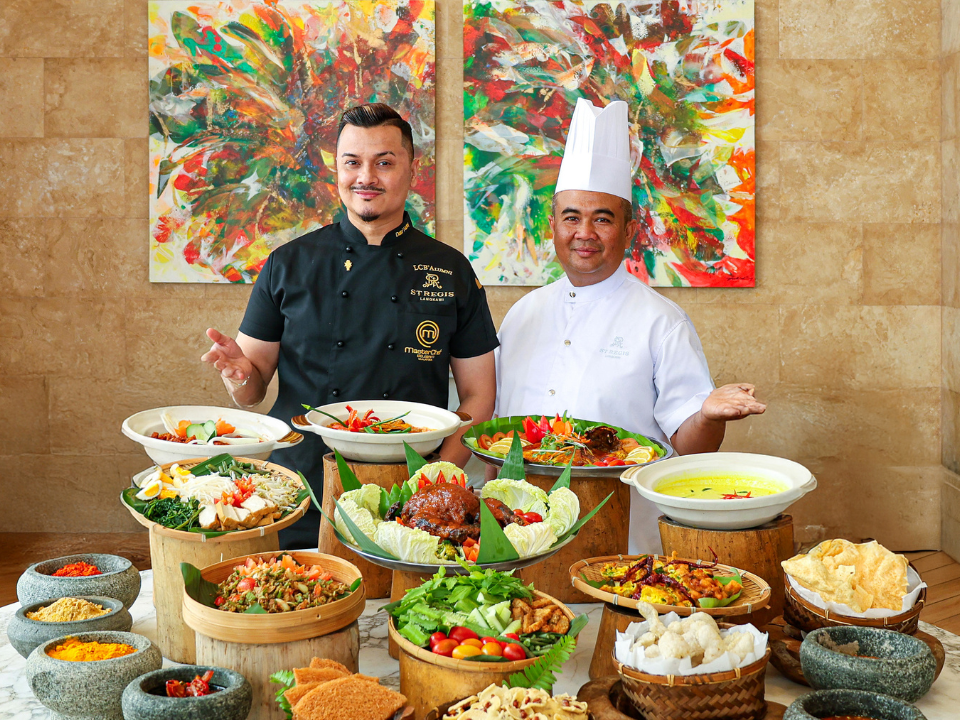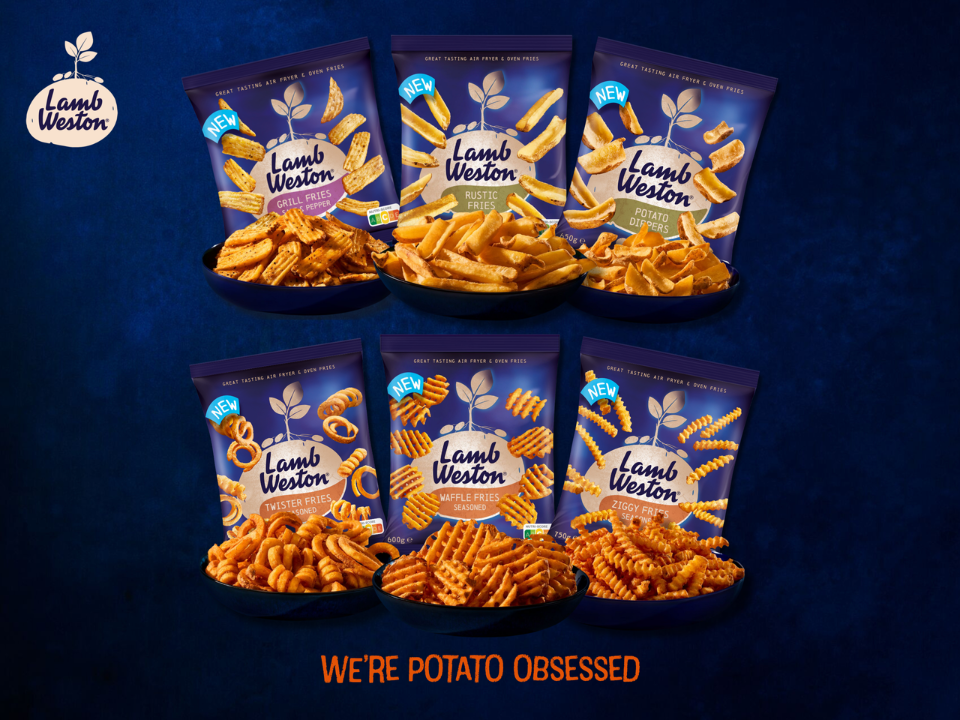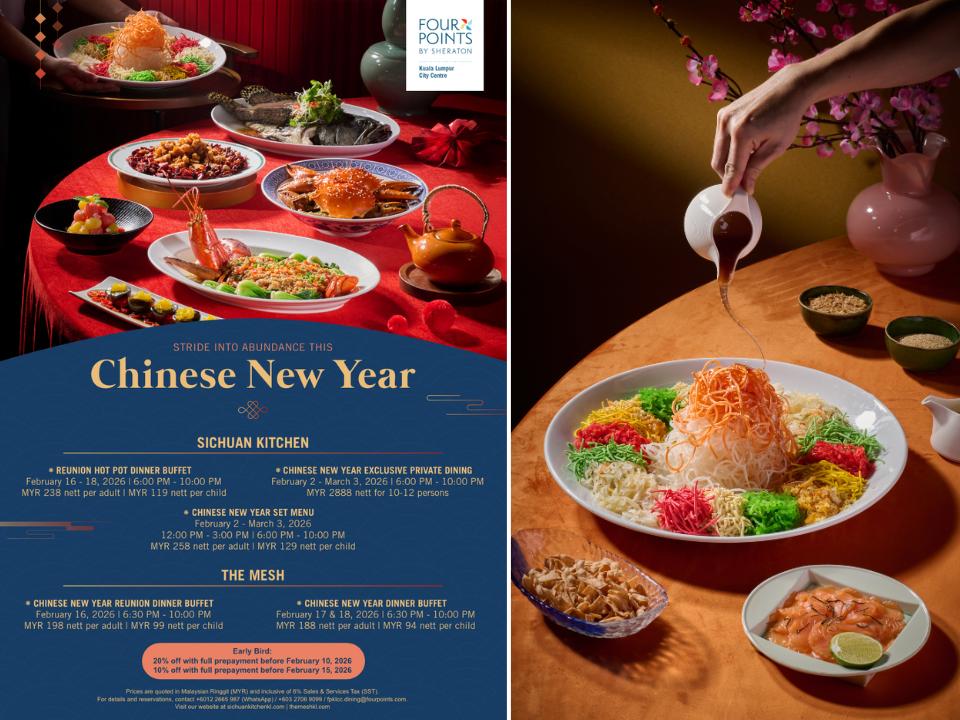
Ultra-processed foods (UPFs) have been receiving negative attention from the media, often being blamed for causing chronic illnesses. But the conversation isn’t so black and white. While UPFs are widely accessible and convenient, experts believe that the debate must consider the larger picture including food security, regulation, and science-based evidence.
To unpack this complex issue, the International Medical University (IMU) hosted a forum titled Beyond the Label: The Ultra-Processed Foods Debate. Global experts discussed the grey areas, potential benefits, and risks of UPFs. Here’s why the discussion matters.
Not All Processed Foods Are the Same

Image via Freepik
Globally, non-communicable diseases (NCDs) such as obesity and diabetes caused 43.2 million deaths in 2021. In Malaysia, more than 500,000 individuals are struggling with diabetes, hypertension, and obesity. As a result, many have pointed fingers at UPFs like instant noodles, fizzy drinks, and pre-packaged snacks.
However, it’s important to understand how food is classified. The NOVA classification system divides foods into four groups, unprocessed, processed culinary ingredients, processed foods, and ultra-processed foods. Although it’s commonly used, this system faces criticism. For example, it classifies both sugary beverages and infant formula as UPFs, even though their nutritional functions are completely different
Local Foods Can Be Worse Than Fast Food

Professor christiani Jeyakumar Henry, Director of the Clinical Nutrition Research Centre (SIngapore)
According to Professor Christiani Jeyakumar Henry, Director of the Clinical Nutrition Research Centre in Singapore, local favorites like nasi lemak and roti canai may contain more calories, salt, and fat than Western fast foods. This finding challenges the assumption that all traditional or local foods are healthier just because they’re minimally processed.
He also highlighted that food processing alone isn’t the root problem. Instead, it’s the unhealthy levels of sugar, salt, and fat that are often found in UPFs. Processing, on the other hand, can be helpful especially in improving food safety, extending shelf life, and enhancing nutrition for vulnerable groups.
UPFs Can Support Nutrition in the Right Context
Not all UPFs are harmful. Some serve important roles in healthcare and food security. For instance, processed and fortified foods are used to treat malnutrition and feed hospital patients. Without them, many would not get the nutrients they need.
Therefore, banning UPFs entirely could bring more harm than good, especially for communities with limited access to fresh foods or refrigeration. Instead of demonizing all processed products, experts suggest focusing on reformulating foods to reduce sugar, salt, and fat content without losing nutritional value.
Empowering Consumers Starts with Food Literacy

To move forward, we need to equip consumers with better knowledge. Professor Winnie Chee, IMU’s Pro Vice-Chancellor and Dean of the School of Health Sciences, said that food literacy must be taught in schools. Learning how to read labels, identify ingredients, and understand food additives should start early.
In addition, technology can help. Mobile apps that scan food products and provide instant feedback can help consumers make better decisions. This allows people to eat more mindfully, especially in today’s fast-paced environment.
Collaboration Is the Way Forward

Image via Freepik
Professor lr M Aman Wirakartakusumah, President of IUFoST, emphasized the need for open dialogue. He said the food industry must be part of the solution, not the problem. Rather than relying solely on foreign classification models like NOVA, countries like Malaysia need a system that fits local contexts.
Responsible innovation, clear labeling, and stricter food regulation can all help improve public health. But for that to happen, collaboration between scientists, industry players, consumers, and policymakers is essential. Everyone has a role to play.
It’s Time to Change the Narrative

Professor Winner Chee, Head of the Centre for Transformative Nutrition and Health, IMU University
The IMU forum wrapped up with a powerful message: Not all UPFs are bad. What matters is how food is made, regulated, and consumed. Instead of judging by how processed a food is, we should look at its ingredients, purpose, and nutritional value.
Professor Winnie Chee summed it up best: “The food system must support healthy food choices. That means working together among scientists, industries, governments, and consumers. It’s a long-term effort, but possible.”




